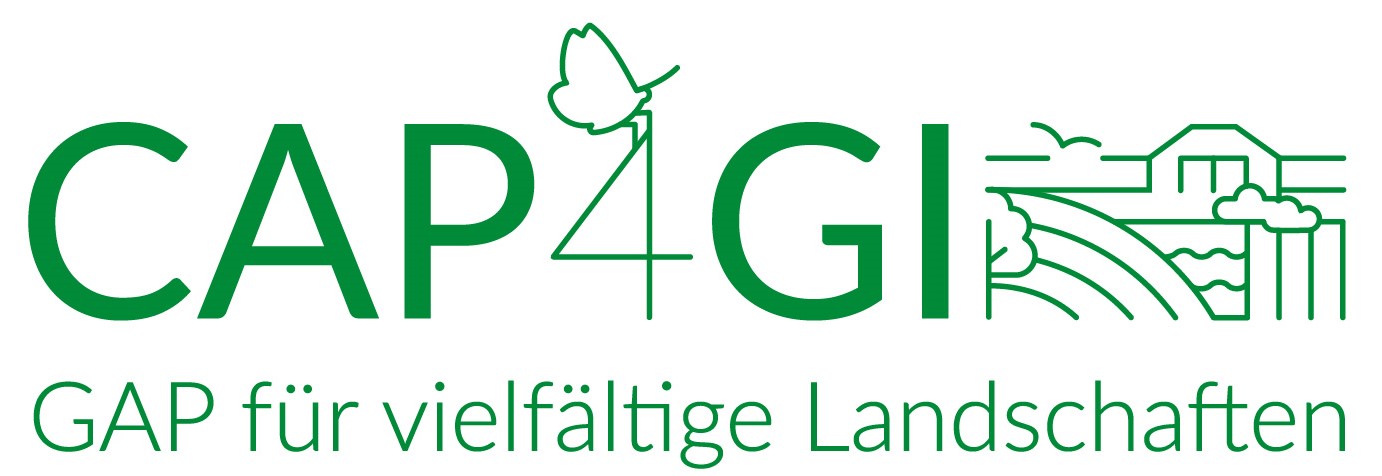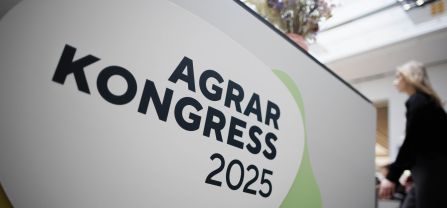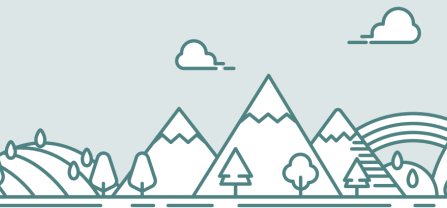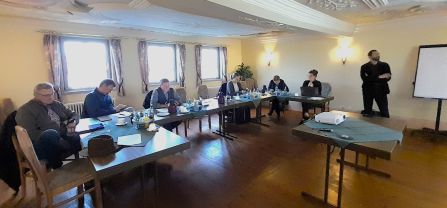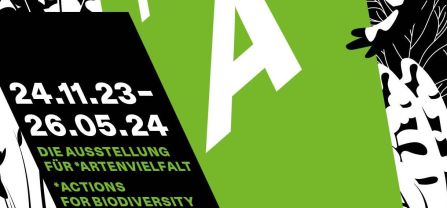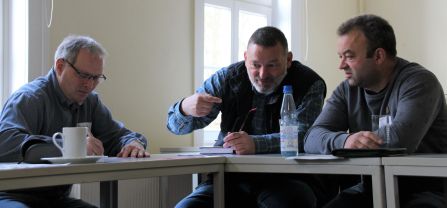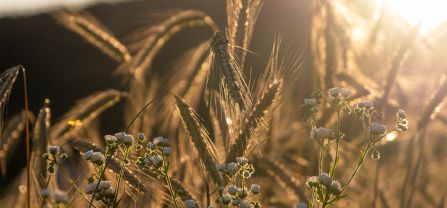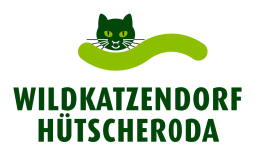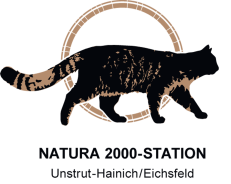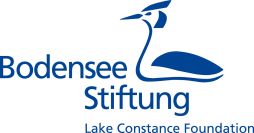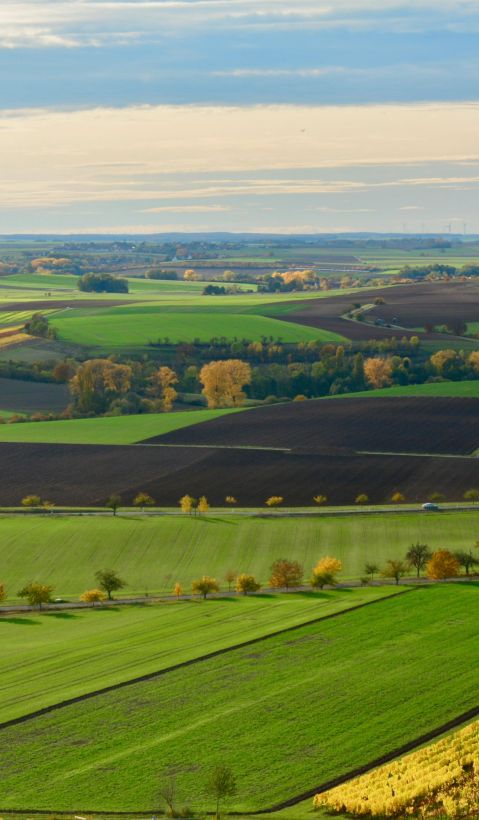
Levers and potentials of the Common Agricultural Policy to better support green infrastructure, biodiversity and ecosystem services.
Together for more biodiversity. Stable ecosystems are the basis for good yields - today and in the future. Stable ecosystems need biodiversity. So how can farms better contribute to preserving biodiversity? For one thing, by ensuring a better green infrastructure in the agricultural landscape. This means more and better networked landscape elements such as hedges, flower strips, rock piles, ditches, etc.
Through socio-economic research and innovative social-ecological modeling as well as close cooperation with farmers in six project regions,, the CAP4GI project investigates how EU agricultural support under the Common Agricultural Policy (CAP) can be better implemented and made sustainable: Enabling farms to make a worthwhile and effective contribution to the conservation of biodiversity in the cultural landscape..
CAP4GI = Common Agricultural Policy for Green Infrastructure
Agriculture
Working together on sustainable solutions.
The project aims to find out what challenges farmers face when implementing measures to preserve biodiversity. After all, a sensible design of such measures is unthinkable without farms.
CAP4GI therefore relies on close exchange and cooperation with farmers. For this purpose, exchange platforms with farmers take place in a total of six project regions in Baden-Württemberg and Thuringia. The platforms offer practitioners the opportunity to jointly develop solutions for their regions.
This might also interest you:
Politics or administration
Harnessing insights from practice and science.
By closely involving farmers, CAP4GI determines the willingness to adopt measures promoting biodiversity. The project will develop scenarios on how these measures and the accompanying reward systems can be designed in a way that supports their swift adoption by farms to foster diverse landscapes. These results also can inform policy and management processes.
In the long term, the project aims to contribute to more effective and cost-efficient biodiversity and environmental programs. At the state-level stakeholder exchange platforms in Thuringia and Baden-Württemberg, actors from administration and politics can enter into direct exchange with farmers, get first-hand insights into challenges in day-to-day practice and contribute to the development of practicable approaches for agri-environmental schemes.
This might also interest you:
Research or consultancy
Creating knowledge as a basis for decisions.
CAP4GI explores ways to improve the ecological effectiveness of biodiversity enhancing measures as well as their economic profitability for farmers. For this purpose, the project evaluates socio-cultural, ecological and economic success factors and barriers to the implementation of environmental measures of the CAP. In addition, the researchers will use a socio-ecological model to simulate the effects of different alternative regulatory approaches on biodiversity.
The project follows a landscape approach and is framed by a co-design process along its entire course: By establishing exchange platforms in six regions in Thuringia and Baden-Württemberg, the exchange of relevant actors with the research team as well as among each other is enabled and promoted.
This might also interest you:
Interested population
Agriculture affects the whole of society.
Farmers produce food for all of us. Additionally, the EU's Common Agricultural Policy (CAP) accounts for around one third of the EU budget. A huge amount of money that can have a positive or negative impact on the state of biodiversity, depending on how the funds are used. In the long term, agriculture can only contribute to food security where farms remain economically profitable while maintaining and promoting biodiversity.
This is exactly where CAP4GI comes in and develops policy recommendations on how to invest the money in an economically efficient and ecologically sound way: for society, farms, and our environment.
This might also interest you:
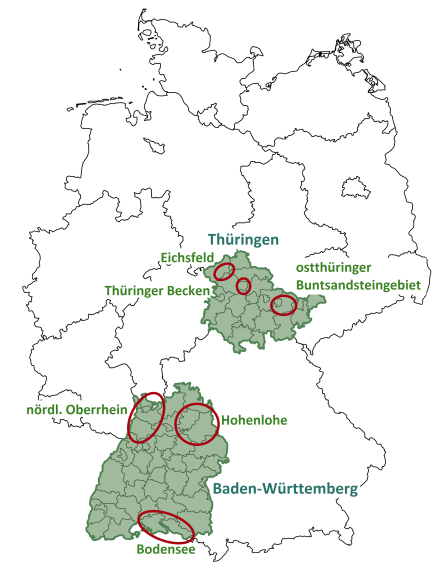
CAP4GI case study regions in Germany
